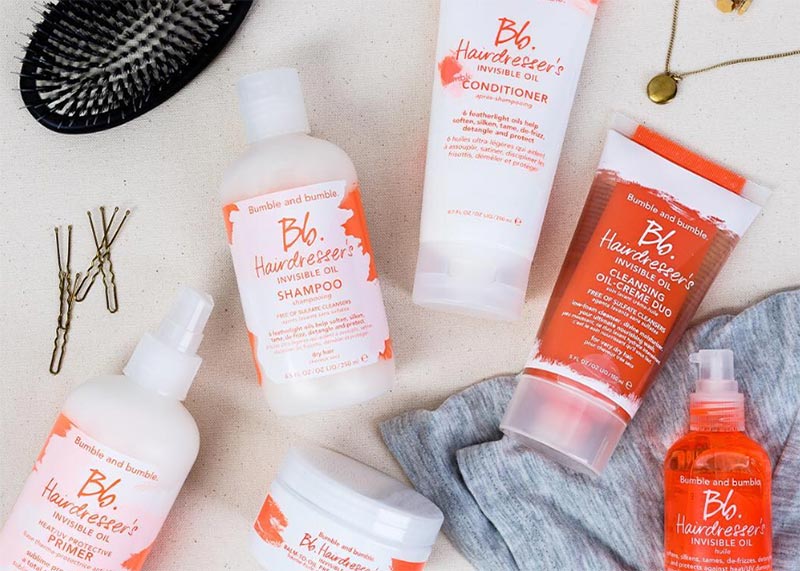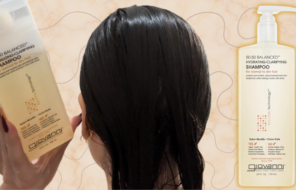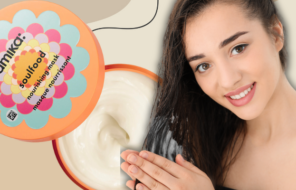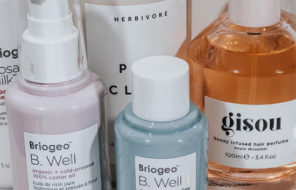However contradictory it may sound, oil-washing hair can leave your mane looking clean, shiny, healthy, but never oily and greasy. What are the components of oil shampoos? What tricks or features do the best oil shampoos have that make them turn your hair’s dullness to a glowing counterpart? There is a number of methods and information you need to know to ensure you use them appropriately. Let us get down to them!
In this article:
- What Are Oil-Based Shampoos?
- Benefits of Oil Shampoos for Your Hair
- What Oils Should You Choose for Oil-Washing Your Hair?
- How to Oil-Wash Your Hair Correctly
- How Often Should You Oil-Wash Your Hair?
- Should You Use a Conditioner?
- Oil-Washing vs. Pre-Pooing
What Are Oil-Based Shampoos and How Do They Work?
Oil-based shampoo is used in oil-washing hair. In this process, you are going for oils instead of using generic shampoos. This is because oil shampoos help lift debris, excess oils, and dirt from the scalp without stripping your hair of its natural oils.
When you first hear the name ‘oil shampoo,’ you might think it is an assortment of several oils. However, the oil makes just a small percentage, making oil shampoos just a marketing concept.
Some ordinary shampoos might dry out the hair, while oil shampoos, on the other hand, are game changers, as the surfactant is less powerful. Oil shampoo contains oils that combine with oils on the scalp to make the removal of excess oils easier and faster.
Nonetheless, some oil-based shampoos still fall short pertaining to this attractive feature. To avoid this, a good shampoo will contain glycerin and panthenol. These are known to help maintain moisture content on the scalp and improve hair shine.
It is, however, important to know that the ability to retain the little amount of oil on the scalp is not good for everyone. For those who have skin issues such as dandruff, the leftover oils when you use oil-based shampoos can feed the microbes, and it could worsen.
The best oil shampoos are devoid of strong surfactants that could strip the hair of oils. Just like the oil cleansing method for skin, once the shampoo mixes with your hair, it washes the hair like a normal shampoo would.
In addition, it helps control the amount of oil on the scalp. The hair will then turn out cleaner and more nourished, and there is no oil residue left after oil-washing hair.
Benefits of Oil Shampoos for Your Hair
The best oil shampoos bring the following benefits for your hair:
- They cleanse your hair and get rid of dirt and impurities from your scalp without stripping your hair.
- Maintain the moisture on the hair; some would lock the moisture and prevent excess oils on the scalp.
- Help to remove oil residue from the scalp.
- Give a final appearance of better, lighter, more radiant and softer hair after oil-washing the hair.
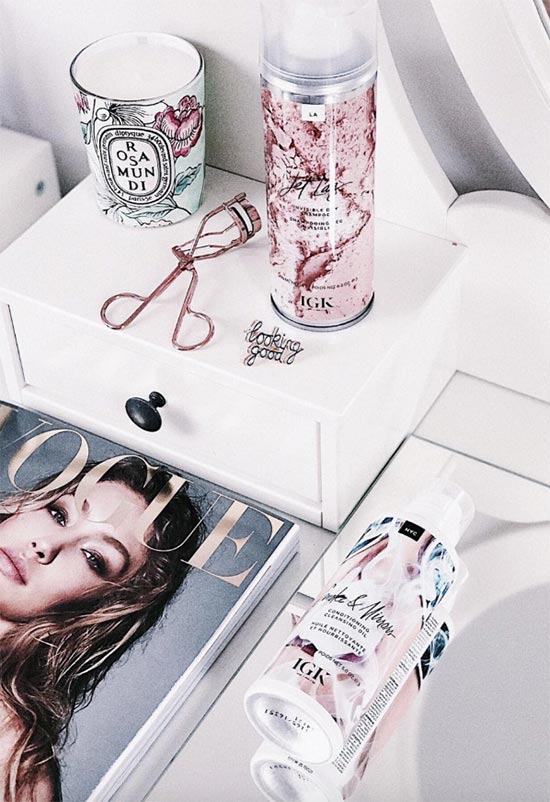
What Oils Should You Choose for Oil-Washing Your Hair?
Well, this depends on both your preference and type of hair. First, you can add oils to your shampoo for one of these reasons:
- Scent
- Hair nourishment
- Health benefit
- Shiny appearance
Some of the oils and melted kinds of butter (yes, melted butter also counts as oil-washing) you can add to your shampoo are:
- Shea butter
- Rosemary essential oil
- Lavender essential oil
- Geranium essential oil
- Jojoba oil
- Coconut oil
- Sweet almond oil
- Lemon essential oil
- Olive oil
- Cedarwood essential oil
- Argan oil
- Thyme essential oil
- Chamomile essential oil
- Avocado oil
- Castor oil
If you have oily hair, you should choose from:
- Lemongrass essential oil
- Ylang-ylang essential oil
- Cedarwood essential oil
- Lemon essential oil
- Tea tree essential oil
- Rosemary essential oil
If you have frizzy or dry hair, you should choose from:
- Argan oil
- Macadamia oil
- Marula oil
If you have curly hair, you should choose from:
- Coconut oil
- Castor oil
- Sweet almond oil
- Argan oil
- Avocado oil
If you have fine or straight hair, you should choose from:
- Abyssinian oil
- Jojoba oil
- Grapeseed oil
- Sunflower oil
- Neem oil
- Rosemary essential oil
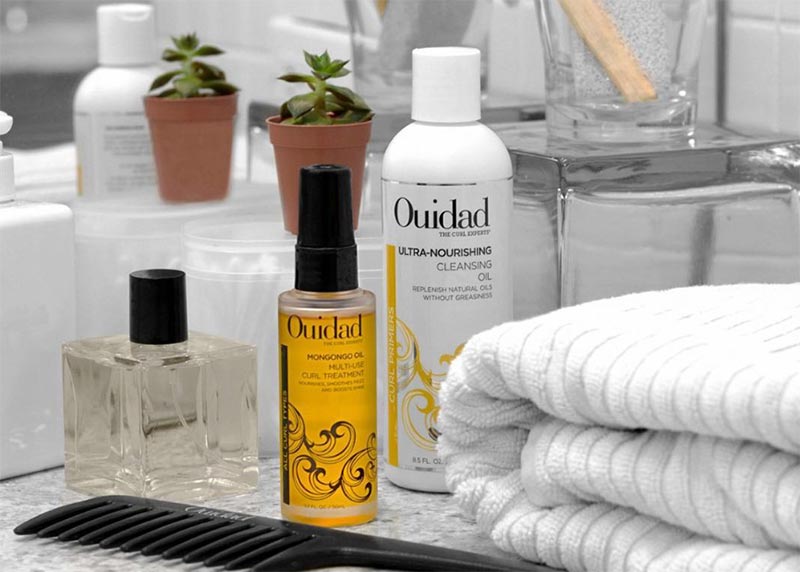
How to Oil-Wash Your Hair Correctly
This is an easy process if you understand how to shampoo your hair. The only difference is the additional essential oil(s) contained.
To oil cleanse your hair with any of the store-bought oil shampoos, simply apply a bit of the product to your wet hair, massage your scalp with it and rinse it. There is no need to combine it with a regular shampoo or to use a conditioner afterwards.
If you want to go the DIY route, you can oil-wash your hair adding some essential oils to your regular shampoo. Here is how you do it:
- After choosing your preferred essential oil, you should do a patch test. Add some to your inner forearm and use an adhesive to cover the area.
- After a while, check your forearm to see the effect. If you are allergic, the area will show signs of irritation, blisters or any other side effect. Now that you are sure the oil is bad for you, you should get rid of it and choose an alternative.
- Once you have picked an oil that works for you or the first oil shows no side effect, you can move on.
- Get different sizes of containers and glass bottles.
- Add 20 drops of the oil in a container and mix with ½ cup of shampoo. Do note that you can add more than one oil in a mixture.
- Stir and shake the container or bottle, and you are done.
- Alternatively, oil-washing hair can be done by using a combination of oils or just a single oil; that is, without shampoo.
- Simply add the oil or mixture to your hair strand and massage the length of your hair down to the root of the hair.
Meanwhile, there is a widespread oil-washing recipe for any type of unhealthy hair. Follow the following religiously:
- In a bowl, mix 10 drops each of tea tree, rosemary, and lavender essential oils.
- Add about 20 drops of clary sage, 15 drops of wild orange, and 15 drops of lavender.
- Add 10 drops of cedarwood, rosemary and peppermint.
- Add the mixture to 1 cup of your regular shampoo.
- Then, apply to your hair.
How Often Should You Oil-Wash Your Hair?
There is no general rule to this but most people stick with the shampoo recommendation. If you have straight or fine hair, you can oil-wash your hair every day. If you have curly hair or wavy locks, you can oil-wash two or three days apart or three times a week.
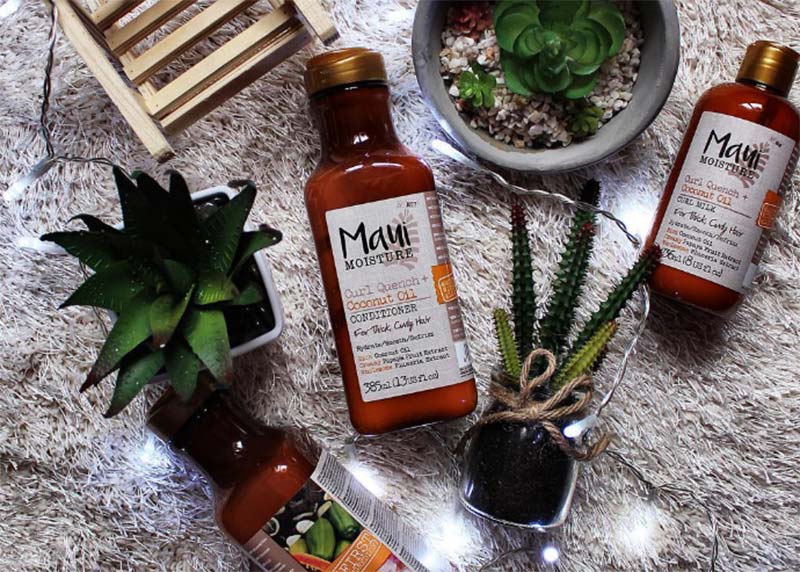
Should You Use a Conditioner?
Well, the eventual answer is no because using a conditioner is not compulsory. You can ditch your conditioner and enjoy the oil shampoo while it cleanses your hair and defrizzes.
However, we cannot ignore the positive effect of conditioners when you use them together, and the fact that it has no side effect on your hair whatsoever. In fact, conditioners can protect your hair from damage caused by heat and sun. The trick is to choose a quality conditioner that would increase the efficacy of using oil shampoos.
Oil-Washing vs. Pre-Pooing
These two are widely mixed together, but they have their differences – though minuscule. Oil washing hair means washing your hair with oil instead of shampoo while pre-pooing means adding oil – or any other rich item – to your hair before shampooing.
As you can see, both seem like the same process. However, time differs between these two. Oil washing hair is usually done in a small time frame, i.e. 60 seconds to 10 minutes. On the other hand, pre-pooing could take up to 3 hours.
Photos via @bumbleandbumble, Instagram

